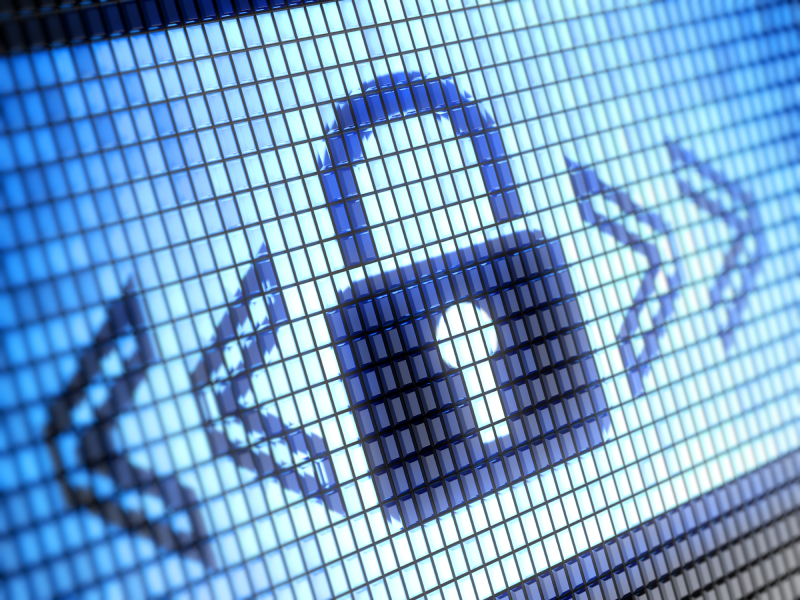
What Is PCI Compliance and Why Should I Care?
If you are just starting a new business and choosing what sort of payment options to use, you’ve heard a lot of references to PCI compliance. This isn’t just industry jargon designed to confuse the novice. You really do need to know what this is all about before you make your online store public or open the doors to your brick and mortar establishment. Here are some basics that will help you get started.
What Is PCI Compliance?
The first thing you need to know is what is meant by PCI. That’s short for the Payment Card Industry. If your plan is to accept any type of credit or debit card, you will want to ensure your strategies are in line with the up-to-date standards. In order to do that, you need to know what those standards happen to be and how you go about setting up your system so that it meets those standards.
Why Does It Matter?
Compliance with current payment card industry standards matters because it protects you and your customer. For you, the process reduces the potential of fraudulent purchases being made and leaving you with the task of filing claims and jumping through hoops in order to avoid a loss. Even though you are highly likely to be successful at this type of thing, you still lose all the time and effort that could be put into some other aspect of running your business.
A compliant system for processing credit and debit card transactions also means that your customer can use those options without worrying about data breaches. The right type of system encrypts the data and makes use of multiple safeguards. The result is that the card data is much less likely to fall into the wrong hands, at least as far as the transaction with you goes.
What Impact Does Compliance Have on Hardware and Software?
In order to be PCI compliant, the hardware and the software used for your financial transactions must include a number of safety measures. For example, perhaps your system is set up so that customers can save card data to their accounts instead of having to enter it each time they make a purchase. The environment where that data is stored must contain multiple security layers in order to prevent unauthorized individuals from retrieving it.
Along with encryption software, there’s the need to be able to detect and stop any remote attempts to access the data. Even if someone is on site and trying to get to the data, that individual must have an up to date set of passwords and other protocol.
You should understand that just because a resource is offered as a payment solution, that does not mean it is fully compliant. As the business owner, it’s up to you to ask what sort of protections are in place, how much control you have over updating passwords, and what can be done to detect threats in real time. Unless the answers ensure you that the system has the right balance of protections, you need to keep looking for a better solution.
Making sure your payment system is PCI compliant is not an option. All it will take is one data breach to bring your business to a halt. Even if you are able to recover, many of your customers will not be back. Don’t try to save a few bucks on the front end by going with hardware and software that is not fully in line with current standards. In the long run, you’ll find it easy to justify that additional expense.
Ready to get started?
Get in touch or create an account





